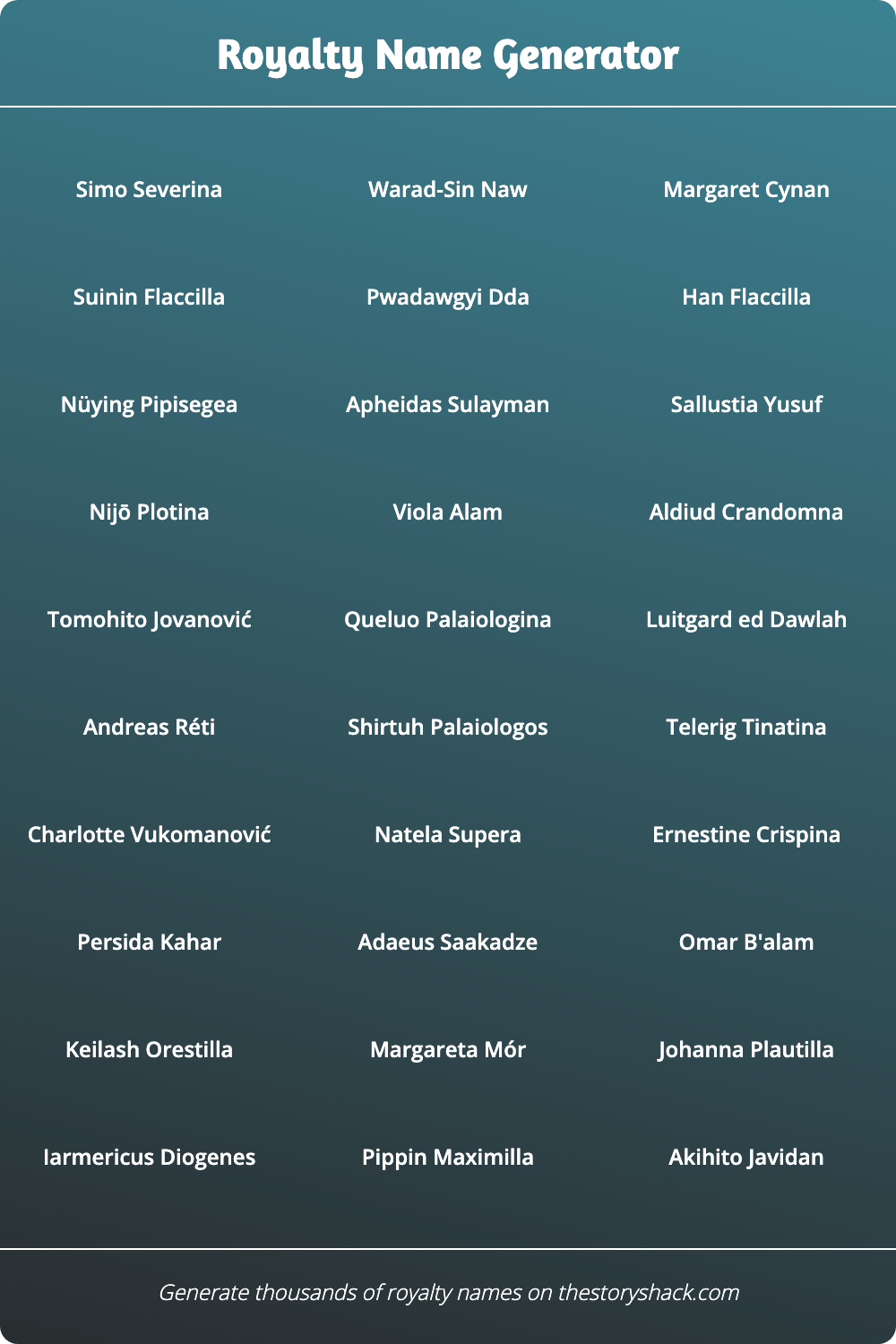What Are Royal Last Names: A Look at Monarchical Nomenclature
In the tapestry of human history, certain threads weave themselves into intricate patterns, revealing stories of power, lineage, and cultural identity. One such thread, often glittering with gold and encrusted with jewels, is the lineage of royalty. We trace these lines not just through grand narratives and crumbling stone portraits, but through something as seemingly simple as a name – specifically, a last name.
Royal last names, those echoes of ancient houses and sprawling estates, hold within them a peculiar tension. They signify a connection to a lineage stretching back centuries, yet they can also seem curiously absent. After all, how often do we hear Queen Elizabeth referred to as "Ms. Windsor" in casual conversation? This very dissonance invites us to explore the curious world of royal surnames – where they came from, why some royals seem to eschew them entirely, and what they tell us about the enduring fascination with monarchy in the modern age.
Unlike the surnames most of us bear, which developed organically over centuries from professions, locations, or ancestral traits, royal surnames are often intricately linked to the very fabric of nationhood. They represent dynasties, empires forged and lost, and the ebb and flow of power across the global stage. To speak of a Windsor is not just to name a person; it is to evoke an image of Britain itself, with all its complexities and contradictions.
The very notion of a royal "last name" being a source of intrigue speaks volumes. It highlights the strange paradox at the heart of monarchy: the attempt to balance an aura of timeless majesty with the realities of a modern world grappling with concepts of equality and meritocracy. Can one truly embody an entire nation while also possessing something as commonplace as a surname?
This exploration will delve into these very questions, examining not just the "what" of royal last names – the Windsors, the Bourbons, the Romanovs – but also the "why" and the "how." We will unearth the historical forces that shaped these names, the reasons some royals choose to use them while others do not, and what, if anything, these choices tell us about the future of monarchy in an increasingly egalitarian world. By understanding the stories behind these names, we gain a richer understanding not only of royal families themselves but also of our enduring fascination with the allure and enduring legacy of monarchy.
While some royal families, like the British royals, do indeed have official last names, they often choose not to use them in formal settings. Queen Elizabeth II, for instance, is technically Elizabeth Alexandra Mary Windsor. However, she primarily uses her regnal name, Queen Elizabeth II, in all official capacities. This is partly due to tradition and partly to emphasize the separation of the monarch as a person from the institution they represent.
The history of royal last names is as varied as the kingdoms they represent. Some, like the Romanovs of Russia, adopted their surname relatively recently in historical terms, while others, like the Habsburgs of Austria, can trace their lineage back centuries. These names often arose from ancestral lands, castles, or even nicknames. The Habsburgs, for example, derived their name from Habichtsburg, or "Hawk's Castle," a fortress in Switzerland.
Understanding royal last names, or the lack thereof, requires a nuanced perspective. It's not simply about memorizing a list of names but about grasping the historical, political, and social forces that shaped these naming conventions. It's about appreciating the complex interplay between tradition and modernity that royal families continue to navigate in the 21st century.
Decoding your cars ac a deep dive into its crucial components
Decoding the latest nfl mock draft frenzy predictions prospects and potential
Unleash your inner wordsmith teka silang kata bm adventures














